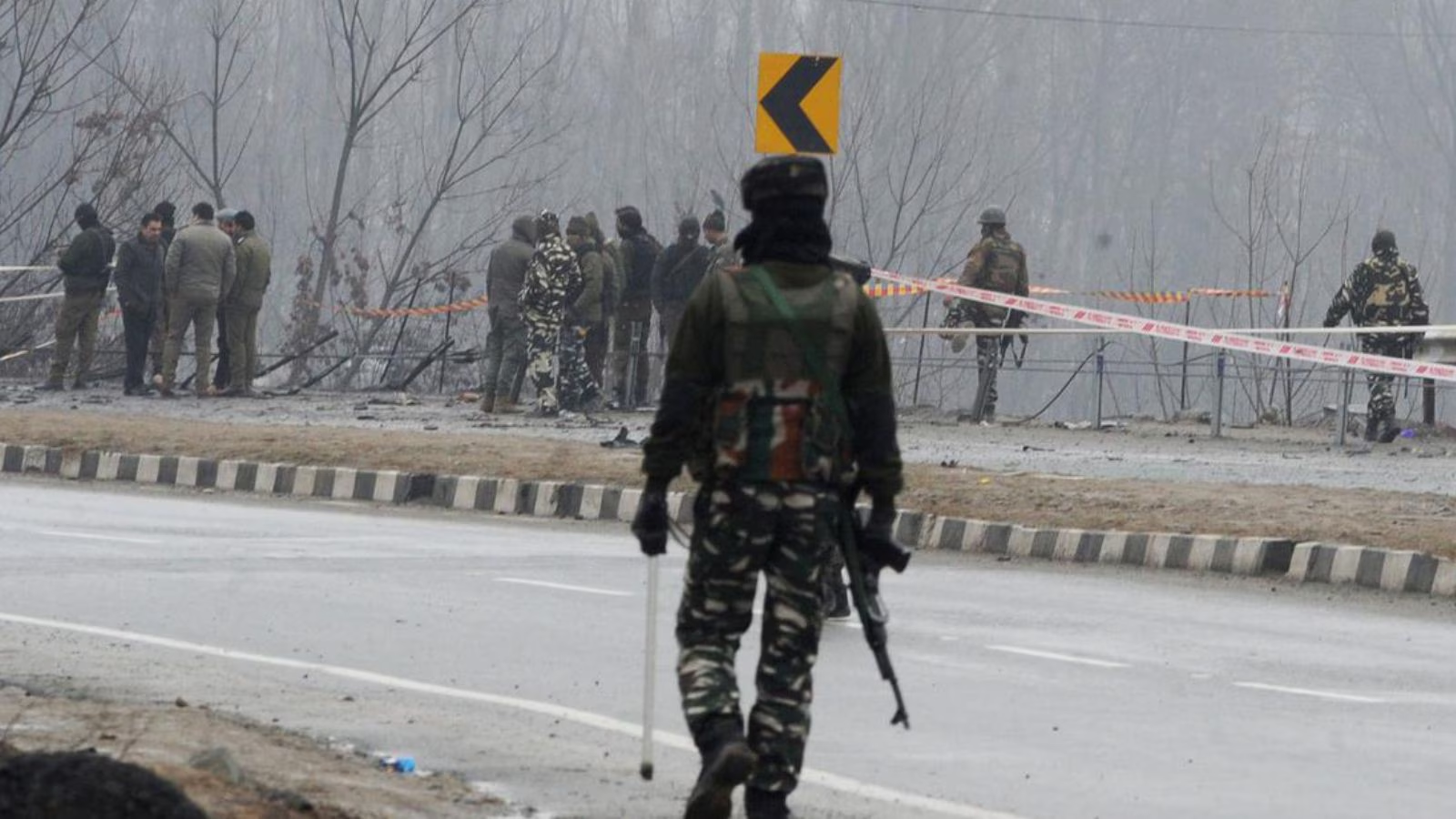Investigations into the espionage case involving CRPF Assistant Sub-Inspector (ASI) Moti Ram Jat have revealed deeper links between Pakistani handlers and multiple Indian officials. According to an Indian Express report, the Pakistani intelligence operative who was in contact with Jat also reached out to at least 15 other individuals, including Army personnel, paramilitary officers and central government employees.
Jat was arrested on May 27 by the National Investigation Agency (NIA) for allegedly leaking sensitive documents to Pakistan’s Inter-Services Intelligence (ISI). Officials said Jat had been in touch with his handler—identified by the codename Salim Ahmed—since 2023 and regularly passed on classified information in exchange for payments.
15 Numbers Under Scanner
Technical surveillance revealed that Salim Ahmed communicated with 15 Indian numbers: four linked to Army personnel, four to paramilitary forces, and seven to central government staff. Intelligence officials are now scrutinising the level of contact and possible leaks from these numbers.
Payments and Hawala Network
Jat reportedly received monthly payments of up to ₹12,000 for sharing classified inputs, including details of troop deployments and terror movement. The money was routed through multiple accounts spread across Delhi, Maharashtra, Haryana, Uttar Pradesh, Rajasthan, Chhattisgarh, Assam and West Bengal. At least one sender, identified as Shahzad, was earlier arrested by the Uttar Pradesh ATS in May for espionage and cross-border smuggling.
Honeytrap and Fake Journalists
Sources said Jat was initially contacted by a woman posing as a journalist from a Chandigarh-based news channel. After gaining his confidence over phone and video calls, she allegedly convinced him to share documents. Later, a man claiming to be a journalist—believed to be a Pakistani official—took over the communication.
SIM Card Trail Leads to Pakistan Link
The SIM card used to contact Jat was procured from Kolkata by a man with Pakistani links. He had married a Pakistani national in 2007, moved to Lahore in 2014, and made frequent trips to Kolkata. Intelligence officials suspect he played a key role in enabling communication between ISI handlers and Jat.
Classified Inputs Compromised
Investigators believe Jat provided multiple sensitive documents, including security deployment details, multi-agency reports circulated on official WhatsApp groups, troop movement plans, and counter-terror inputs.
The case has raised alarms within security agencies, which are now widening their probe to identify how deep the ISI network has penetrated Indian institutions.













